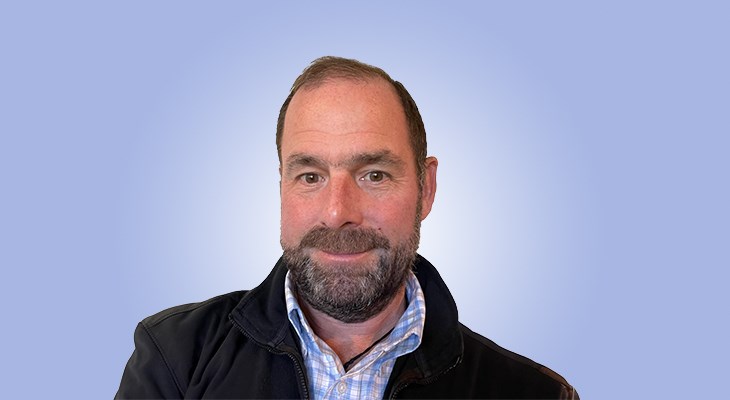Gillet Boyce, past president and past owner of Red Hawk, started the golf cart parts and accessory business out of the assets of the bankruptcy of a family business that was selling golf carts to golf courses. Boyce used that as a springboard to build line of golf cart parts and accessories. The company grew to five distribution centers around the country and some 250 employees before recently selling the business to a private equity-backed strategic. Preparing himself and the company for that liquidity event was in part M&A process, part self-reflection and part life planning.
"A couple years prior to the sale of the business, I had met with some estate lawyers, starting to really plan out the future of getting wealth out of my personal estate, and making some plans along those lines," Boyce told attendees at last year's Baltimore Smart Business Dealmakers Conference. "The first person we hired was our investment banker. And the first thing he told me was go find a wealth manager to help you because that's going to be one of the biggest steps that you need. So, I think that is sage advice from the get-go is you need someone behind you as you're going through this process to get you teed up for making the right decisions."
There were a couple reasons that led to the consideration of a liquidity event. One was that he couldn't afford to buy out his 80-year-old business partner. The other was out of concern for potentially larger, government-spurred economic changes, namely that the new administration would increase the capital gains tax. Also, as a business owner, something like 98 percent of his net worth was tied up in one asset. That, he says, is a nerve-wracking thought, so he looked to diversify.
"I think you get to a point when you do want to take some chips off the table and diversify," he says.
The actual process of selling the company was harder than Boyce thought it was going be. The meetings, preparation and even the emotions that run through the whole process were a lot more than he expected them to be. Still, knowing what he knows now, he says he wouldn't approach the process much differently than he did.
"You just need to jump in with both feet and do it," Boyce says. "There are problems along the way that you need to fix. It's just like working through business. There's just a process. Everyone keeps talking about it and it's true, you have the right team, the right advisers — this is the next step, this is what we do next. So, I don't think there's much that I would have done differently. I think we were very well prepared and had great advice through the whole process."
Boyce stuck around post-sale at the business for a year and watched from inside how the post-deal changes happen.
"The first thing that goes is HR," he says. "It's gone in a week, like, that is taken over. The financial side of the business happens pretty quickly. Operation, sales, all seemed to get integrated within a six-month period. So, I was in charge of the golf division — basically my business — and within six months my job was being run by a handful of other people in other departments. I didn't really know what to expect; it wasn't that. So, my choice was either to take a position in the organization as a vice president of — I don't know, I probably could have done whatever I wanted — or to just move on to the next step. I've talked to a bunch of different people and I think every exit is different. But I think working for private equity can be difficult. They have a different set of values and are focused on other things than what an owner/operator is focused on.
He says one of the best pieces of advice he got from his banker before he entered the process is to make a significant financial investment to complete a couple of different reports: A commercial due diligence report and a quality earnings report. Through those processes, they dug into the business as though they were buyers.
"That's a pretty onerous process. It's expensive. But it really prepares you for the process," he says. "You've asked all the questions that need to be answered. And you have this document that you can give to — we did an open process, so we were talking to hundreds of different potential buyers. You have this document you can give that answers a lot of their questions, and it really skips a lot of the steps. So, that was something I was really glad we did. That was very helpful for our process and expediting it and making it efficient."
That point also emphasizes something else he learned from the sale: that trusted team around to walk an owner through this very specialized process is very important.
"I'm a golf cart salesman; like, that's what I did. I sold golf car parts. I don't sell and buy businesses. That's not what I do. So, having these guys that do this every day, that understand the process, the pitfalls, they see this coming before it's an issue and have been able to address it."




